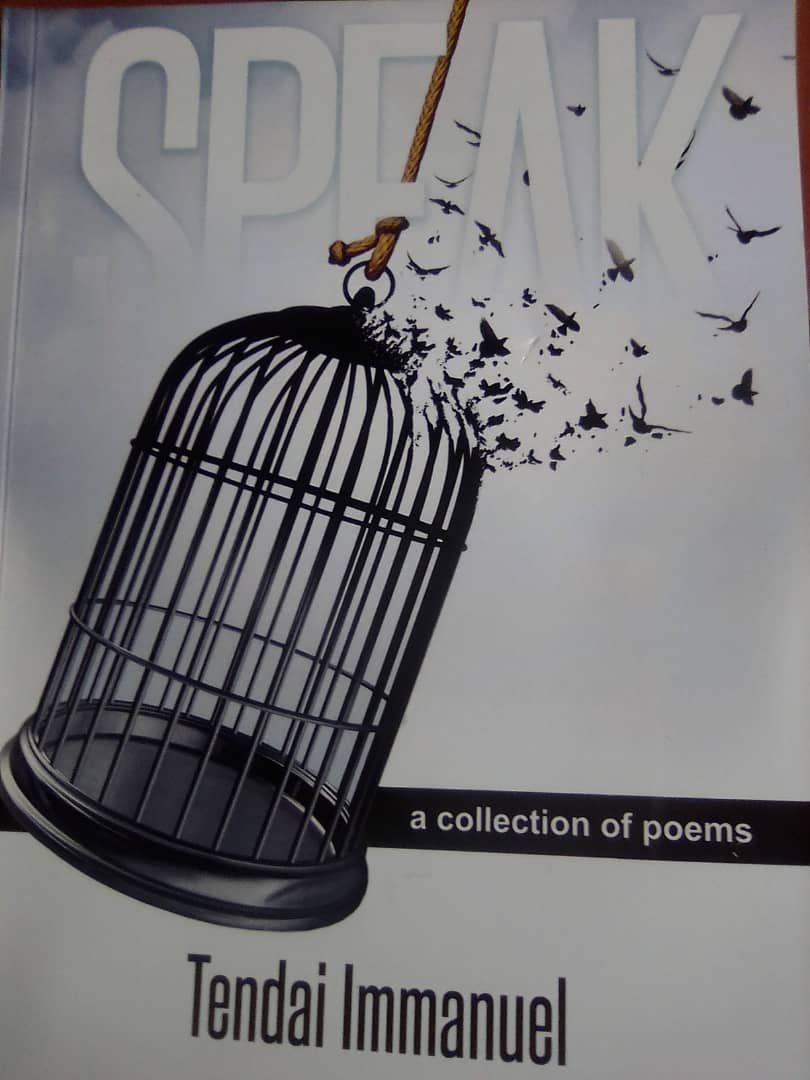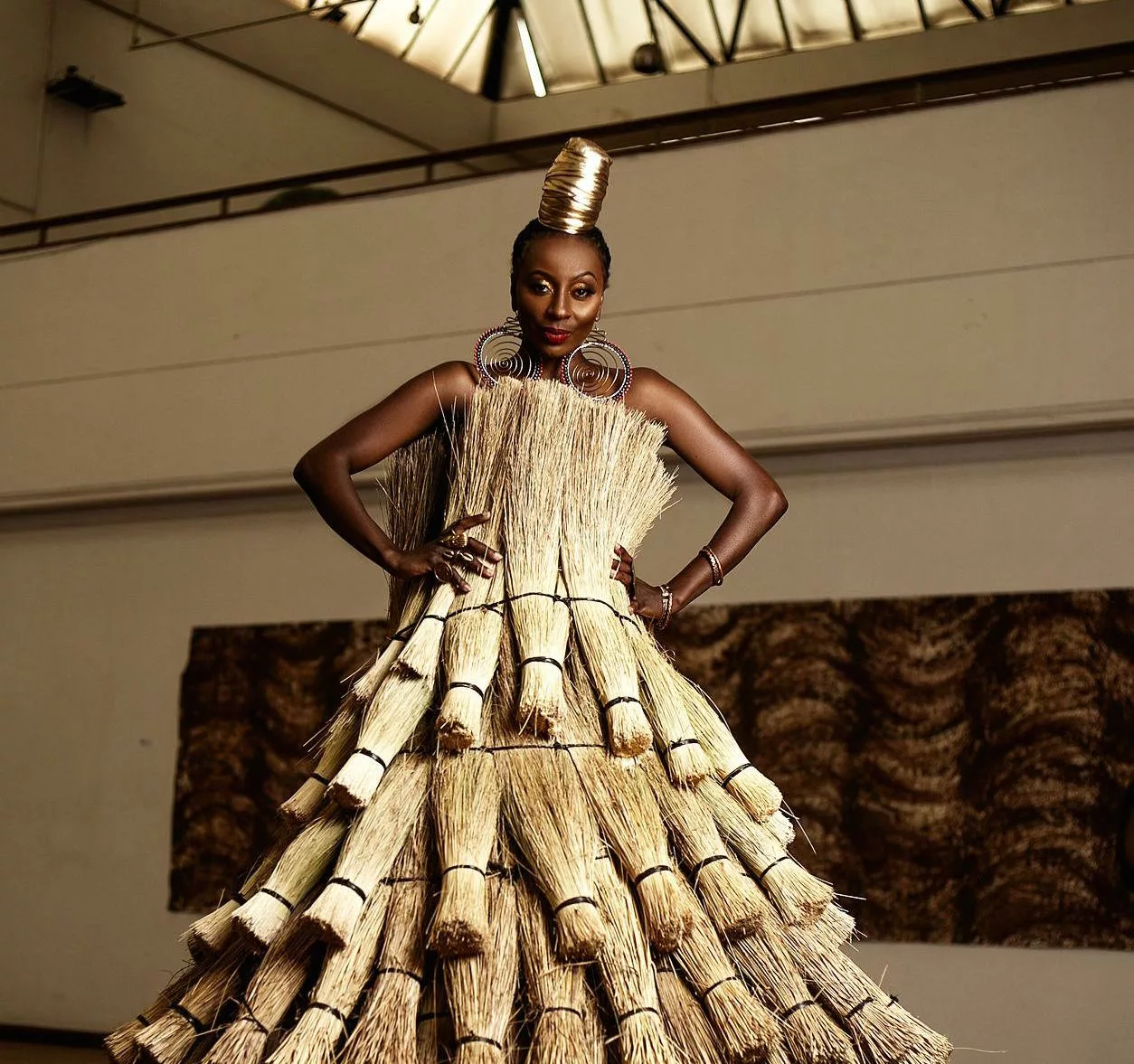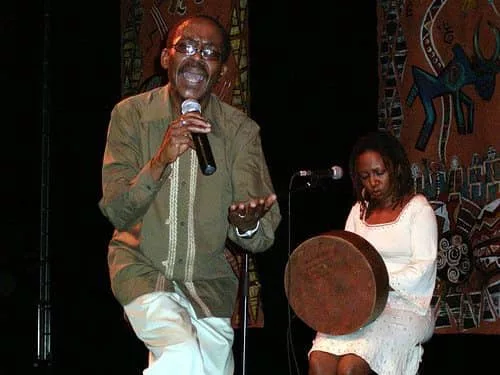By Tinashe Muchuri
When gender is discussed in Zimbabwe, the girl child is the main focus. When issues of children’s rights are talked about, the girl child rights are topical. Institutions dealing with children and gender disparities focus on girl children in the name of empowering the ones oppressed group. By so doing, the balance becomes lopsided thereby creating another imbalance. Some rights defenders have started men’s inclusion in the rights discussions in order to carry both men and women, boys and girls on the same pedestal in a bid to create a tolerant society.
Poets are eyes, ears, and speakers through reflections of the society in their poetry which mirrors society. Poetry asks society questions. Tendai Emmanuel drops a poetry book with poems that speak to the society not to ignore the suffering of boys and men in its intention to liberate, empower, rescue girls and women.
The boy is not safe in the world that is fast-changing and deteriorating with emerging issues never handled in the past. The literature on girl and women rights issues has flooded the libraries and less effort is directed to boys and men.
Tendai’s debut published through Mungoshi Press tackles these emerging issues and ruffles harmful traditions that confine boys and men into society. Boys and men are regarded as strong and not weak like women. They are said to be strong and not suitable to cry or speak when they are victims of abuse.
Tendai urges them to come out and speak. SPEAK, is the title of Tendai’s collection of poetry in which she collaborated with other writers who believe in her. Collaborations are always known to be in academic writing, textbook writing, less in novel writing but very rare in poetry writing.
Usually, these collaborations are mainly between some excelling, well-known artists, and less known artists. Zimdancehall is only the other art genre that pulls skills of less known music aspirants to amplify their voice, growing together to be known musicians. Tendai followed the trend of Zimdancehall and penned 13 poems with fellow poetry novices namely, Donald Mushove, Kudakwashe P. Simbi, Jack Makate, Rava Milton Mandaza, Patrick Mhizha, Zuliana Ekeuazi, and Rebecca (11-year-old).
Speaking at the launch of the poetry book at The Country Club at Newlands in Harare last Saturday, an event which was graced by Jesesi Mungoshi as a guest of honour, Tendai said her poetry was inspired by Zimbabwe community’s socialization that does not encourage people to speak about some things, yet things are happening, that are quietly acknowledged and swept under the carpet when they happen as if they never happened.
‘Unfortunately, as we move on in lives scars and wounds from that infested, start to manifest in our minds. One of the solutions to that is to speak out. And so, SPEAK, is an attempt to speak out,’ said Tendai in discussion with MacDonald Gurira the moderator.
The launch was graced by four of her collaborators, Makate, Mhizha, Mushove, and Simbi. Each had a chance to read their collaborated piece.
Because of the outspokenness of the late iconic author, Dambudzo Marechera, the collection has a section in honour of him with three poems titled, ‘Which one of you bastards is Dambudzo Marechera…???’, ‘I got my things and left’ and ‘Do not scream quietly’. The poems all collaborations, speak in Marechera’s poetry tone, raw and unapologetic.
‘I got my things and go…
Is this why they told me to endure under the shelter of abuse?
Shingirira, chakafukidzadzimba…
Nothing covers a naked and abusive marriage.
Nothing!’
Section of ‘I got my things and left’ screams loud. Tendai commented after Mhizha’s reading that, ‘Some of our traditions are so unfair. They focus on the wrong things as opposed to addressing real issues.’
‘Walking Whisker’ a collaboration between Tendai and Makate, speaks about boys and men who fear to be seen shedding tears as a victim of gender because society discourages that. Unfortunately, Zimbabwe is losing more hopeless men through suicide. This is attributed to confining pain to self and most of them are said to be connected to relationships and socialisation at work and home.
Part of the poem reads;
Victim of my gender
Trained to absorb pain
I cry in the rain
For I’m ashamed of my tears
I am stabbed I endure
I beg for my rights I am denied
I report, they send me back
Scolding me for not being man enough
Her dagger is sharp and stealthy
Society does not accept nor expect my voice’
Men are suffering in silence because all ears are blocked to hear their cries and hear, SPEAK urges them to speak out and not suffer quietly.
‘Who you gonna’ tell? affirms the suffering of boys and men at the hands of other abusive men preying on them as victims of same-sex molestation. It is taboo to speak about this and because it is taboo and illegal, many boys and men suffer in silence at homes, school, work, college, and church. Men to men’s sexual abuse is among the emerging issues that Zimbabwe society is grappled with. The poem encourages victims to speak out about this rot. Part of it reads;
‘Look at what you’ve done
You worthless cloth
You made a grown men cry
From his single eye
Now you have seen the sacred
Laid eyes on the eye that is hidden
It will follow you till death do us part
Who you gonna’ tell where the eye won’t see’
This collection does not only speak about men and urge them to speak but asks everyone, girls, women as well to speak and defy harmful traditional, religious and cultural practices.
Tendai’s last words to the readers of her book is;
‘The Future is greener
Where you water it,
Irrigate it with your words.
SPEAK’
And Mai Jesesi Mungoshi in her quest speech gives you life journey mercies encouraging you to always speak out, ‘Speaking out is something that we should always excercise. Those who are able to exercise speaking onbehalf of those who are not able to speak through film and through writing like what Tendai is doing. Its not only women who get abused also men get abused. Even in relationships, even in the home, but we have gone maybe into thinking only women are abused or who can be abused. Men and women are abused. There are women who are very harsh in the home so much that men do not speak. They would want people like Tendai to speak for them.Abuse is not only for women.”
Tendai Emmanuel is an award-winning international development and sustainable development goals specialist and international speaker and advocates for the rights of older people. She sits on several boards of charities that support victims and survivors of gender based violence and domestic violence when she is not a newspaper columnist, author, and poet.






